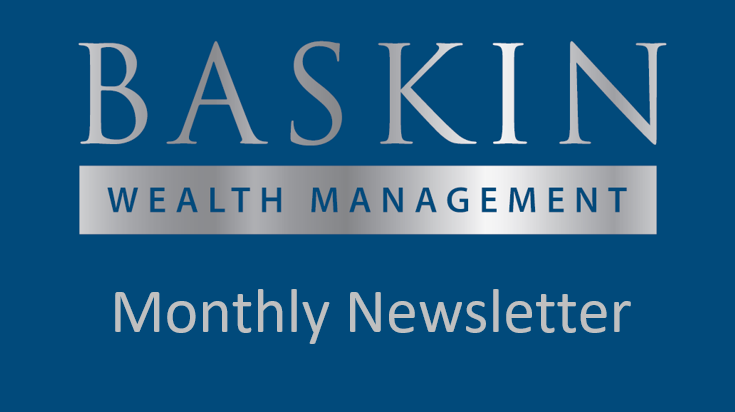Death and Taxes
Just in case I wasn’t paying attention, the government of Canada wants me to know I’m old. It is emphasizing this by making me take money out of my RRSP, which has now been changed to a RRIF. All of us must do this no later than the year we turn 72. Having a RRIF is not all bad, but it does increase the income tax bill, as every dollar that comes out of the account is taxed just as if it were salary. As one gets older, the percentage of the account that must be withdrawn each year increases; because even though we don’t want to acknowledge it, the government knows we are going to die.
We can’t avoid death, but at least, from a financial point of view, there are things we can and should do to prepare. There are three main taxes that accompany our demise. With proper planning we can reduce the tax burden, even if we cannot eliminate it. Before going into details however, let me emphasize the most basic point: Do not die without a valid and up to date Will. If you do, you will not only make everyone who survives you very irritated, you will lose the opportunity to leave your assets to the people who you want to get them, you will probably end up maximizing the tax hit to your estate and, last but not least, you will needlessly increase the cost and time needed before distribution to your heirs. While you are doing your Will, make sure you also have two up to date Powers of Attorney: one for property and one for health care.
The first tax hit that occurs literally at the instant of death is a deemed disposition of all assets. Whether real estate, securities or personal possessions, the law in Canada imposes the fiction that you sold everything you owned at fair market value the second before you passed away. For most of us this will result in capital gains taxes. On your principal residence these taxes will be forgiven, (except for those who are US persons residing in Canada, who need special advice), but for a secondary residence like a cottage or vacation home, for stocks and bonds in a non-registered account, and for valuable items like art work and collectibles, the taxes can be considerable. There are various strategies available to reduce the tax burden, including the use of joint ownership, Trusts, transfer of ownership to a corporation or gifts to charities. We can discuss this with you and help you plan for the inevitable.
The second tax is on your RRSP or RRIF. If no provision is made to transfer the account to a spouse, the entire amount in the registered account will be taken into income in the year of death, and taxed at the same rate as regular income. The first spouse to die can “rollover” the amount of the registered account into the surviving spouse’s registered account tax free, but upon the demise of the second, the entire amount will be taxed. Everyone should be sure that they have properly designated the beneficiary(ies) of their RRSP or RRIF. Sadly, there is no good mechanism for avoiding or deferring this tax, although life insurance can be used to reduce the blow.
Finally, most estates in Ontario will be subject to the estate administration tax, otherwise known as probate fees. Currently that tax is equal to 1.5% of the value of all assets over $50,000. So, a person with a house valued at $2 million and other assets of $2 million would pay a tax of $59,250. Application for an estate Certificate (previously Letters of Probate) can take months and slow down the disposition of estate assets. For many people much or all of this tax can be avoided with proper planning. This is also a subject we are happy to discuss.
The old saying describes both death and taxes as unavoidable. So far as we know, that is at least half true. Good planning and properly advised preparation can deal in part with the taxes, as long as it is not left too long.
Chairman
David Baskin
Media Appearances
Barry Schwartz on BNN Bloomberg’s Market Call – January 3, 2024
Barry Schwartz on BNN Bloomberg – January 18, 2024
Barry Schwartz on BNN – Investment Strategy for magnificent 7 stocks – January 23, 2024
Barry Schwartz on BNN – Assessing the quality factor in businesses – January 23, 2024
What did the BoC’s January announcement tell us about future cuts? – January 24, 2024
David Baskin on BNN – Bonds vs. GIC, the advantages and disadvantages – January 30, 2024
David Baskin on BNN – It’s very tempting to ride your winners forever – January 30, 2024
Long Term Investing with Barry Schwartz & Ernest Wong
Deals, deals, deals – January 8, 2024
A deep dive into our research process – January 15, 2024
10 Trillion things we love about Blackrock – January 22, 2024
Netflix: Laying the smackdown on its competition – January 29, 2024
Interesting Reads
Early review for the Apple Vision Pro – Daring Fireball
A myth about business investment is hurting the Canadian economy – National Post


